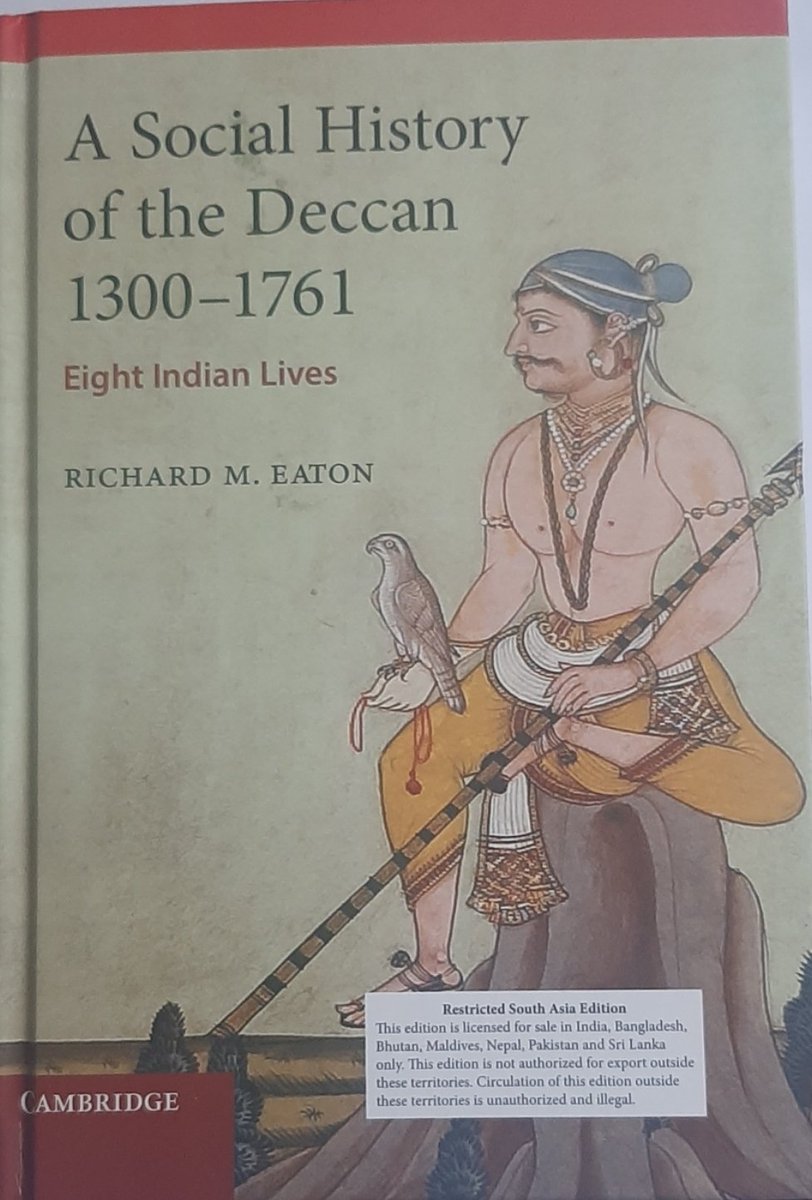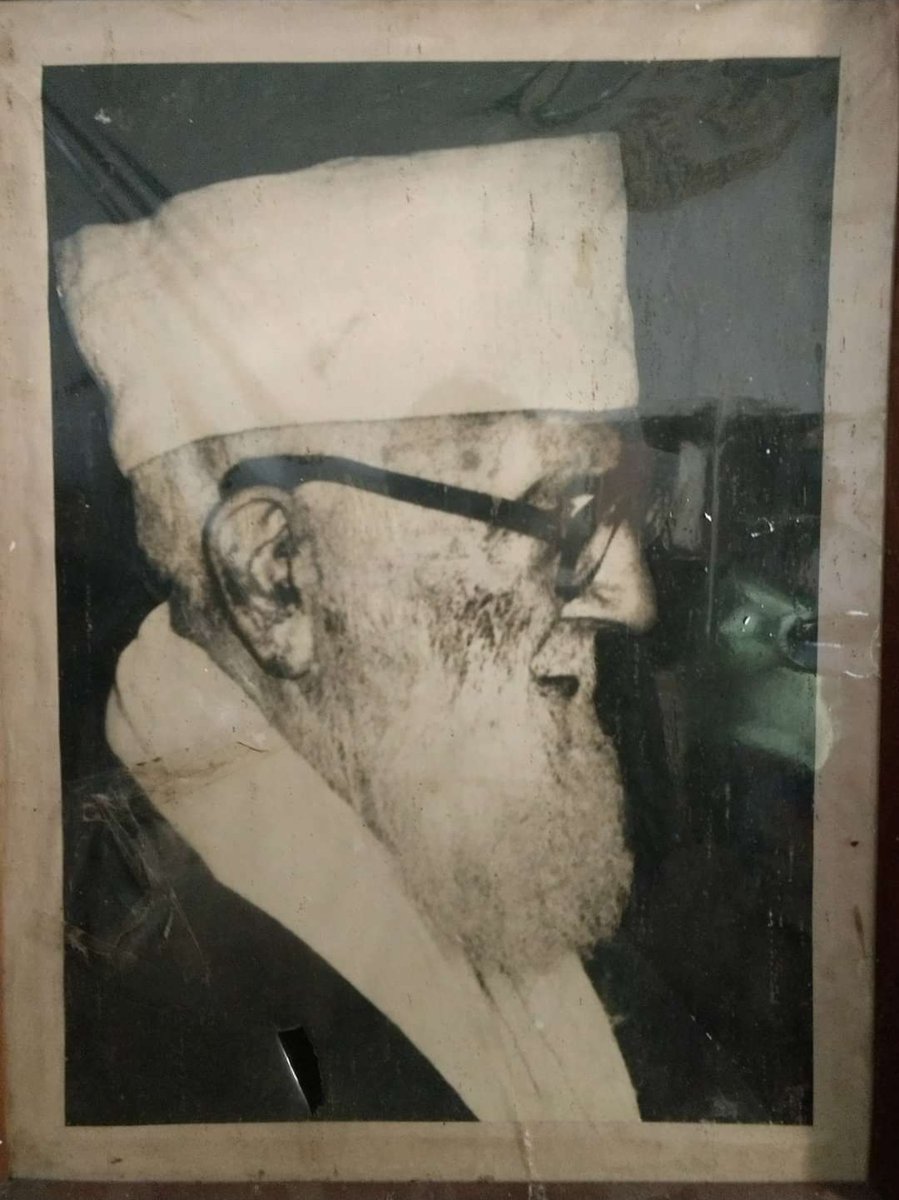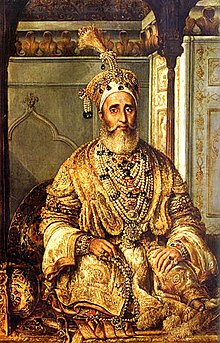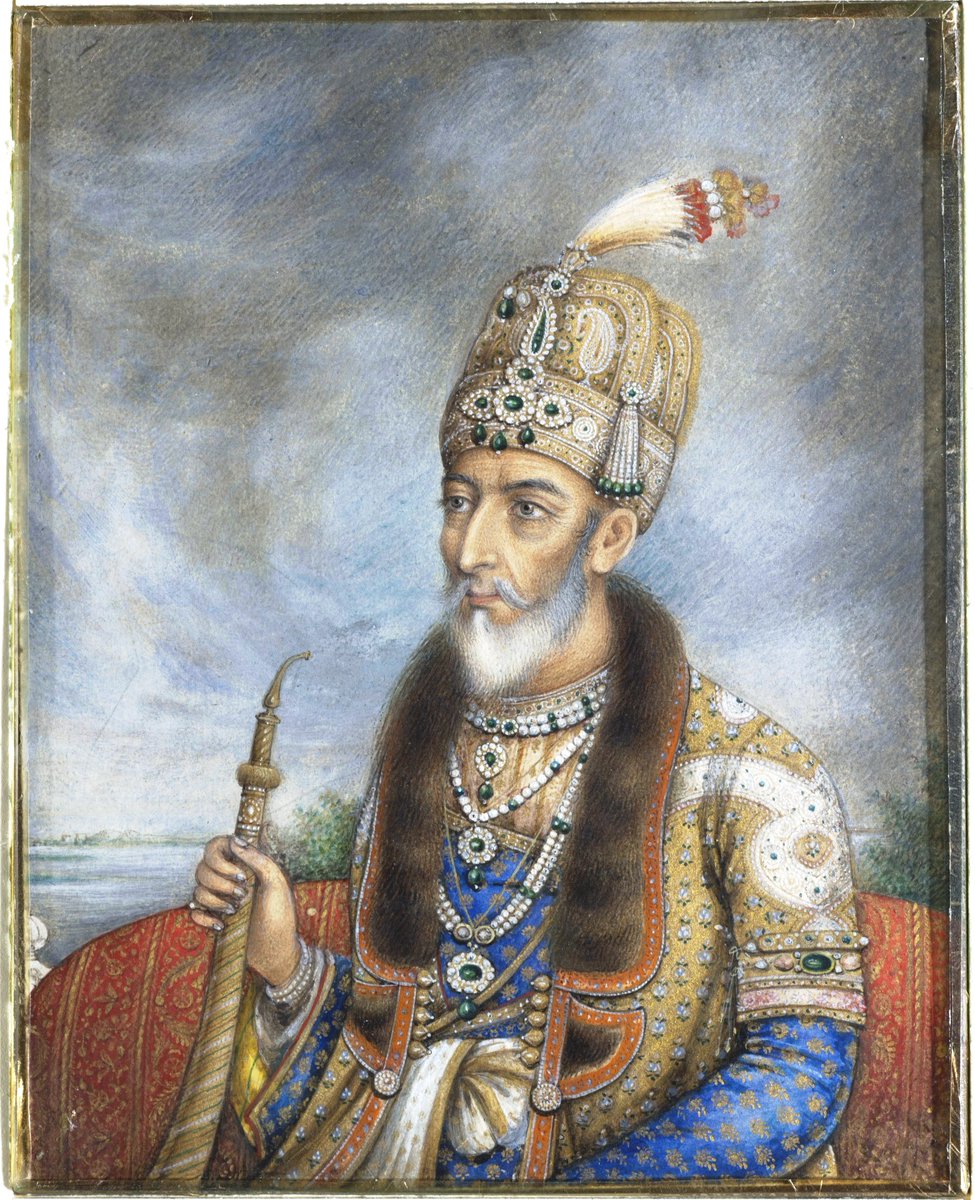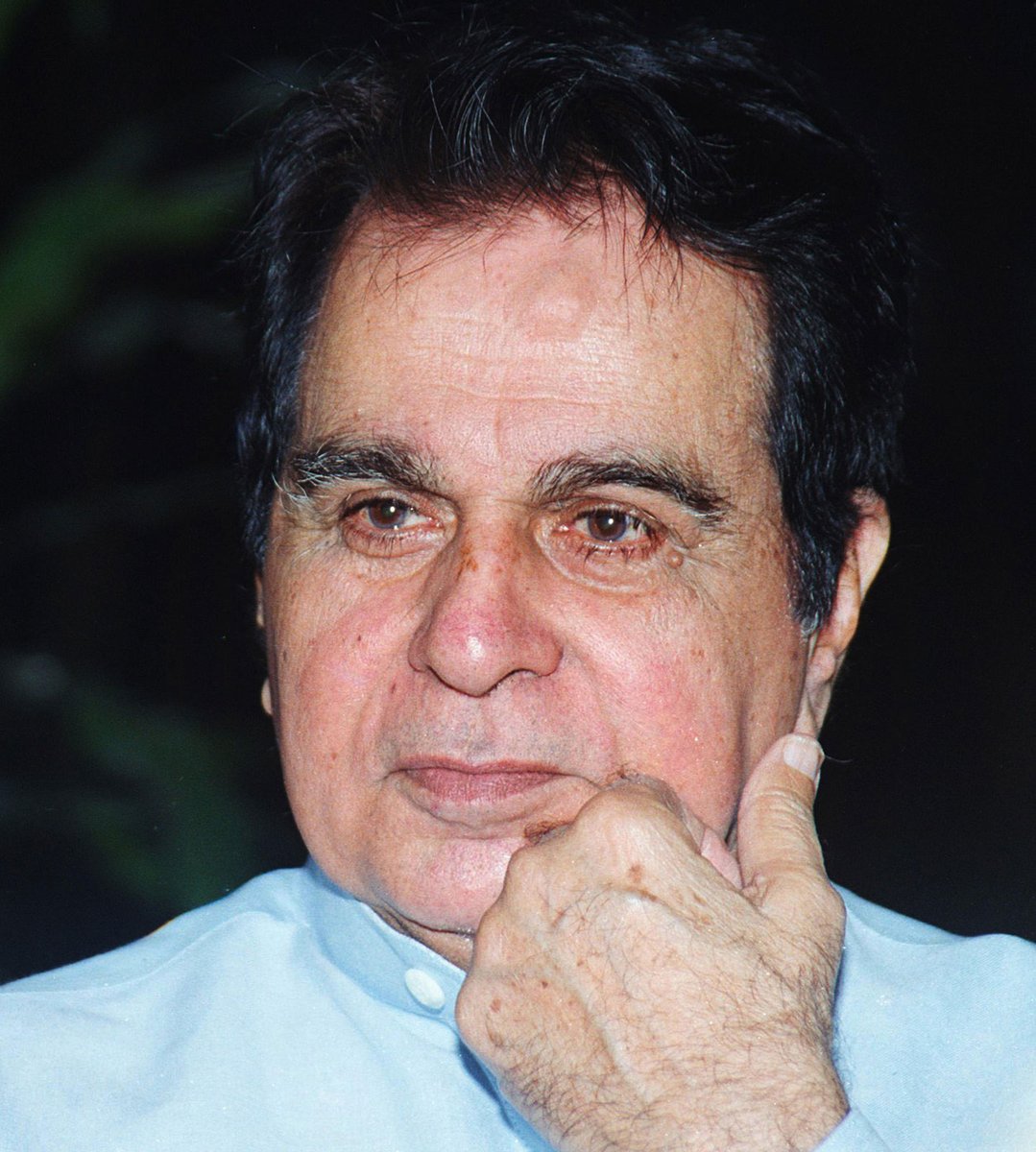
Yesterday, February 14th was the birth anniversary of #Mughal emperor Zahiruddin Babur. Founder of Mughal dynasty, Bābur, a descendant of Genghis Khan and also of the Turkic conqueror Timur was a military adventurer, great soldier, poet, scholar as well as a statesman. 

Bābur came from Barlas tribe of Mongol origin, but some considered them Turks in language and customs through long residence in Turkish regions. Hence, Bābur, though called a Mughal, drew most of his support from Turks, and the empire he founded was Turkish in character.
As there was no fixed law of succession among Turks, every prince of the Timurids—the dynasty founded by Timur—considered it his right to rule the whole of Timur’s dominions. Those territories were vast, and, hence, the princes’ claims led to unending wars.
Bābur’s father spent his life trying to recover Timur’s old capital of Samarkand, and Bābur too did the same. Qualities needed to succeed in that dynastic warfare were the abilities to inspire loyalty and devotion, to manage the turbulent factions often caused by family feuds
For 10 years Bābur tried to recover Samarkand and twice occupied it briefly (in 1497 and 1501). However, his effortes were thwarted by Shaybānī Khan, a descendant of Genghis Khan. In 1501 Bābur was decisively defeated at Sar-e Pol and lost both Samarkand and Fergana.
In 1504 he seized Kabul with his personal followers, maintaining himself there against all rebellions and intrigues. In 1522, when he was already turning his attention to Sindh and India, he finally secured Kandahār, a strategic site on the road to Sindh.
In 1519 he first attacked Punjab and by 1524 he had invaded Punjab 3 more times but was unable to master the course of Punjab n Delhi politics sufficiently enough to achieve a firm foothold. Yet he understood that Delhi sultanate was in contentious quarreling n ripe for overthrow
Babur met Ibrahim Lodi at Panipat 80 km from Delhi, on Apr 21, 1526. He had 12,000 soldiers, though they were seasoned followers, adept at cavalry tactics, n were aided by new artillery acquired from the Ottoman Turks. Ibrāhīm’s army was said to number 100,000 with 100 elephants
Ibrahim fought bravely, but Babur's tactics won him the day. Bābur won by coolness, his use of artillery, and effective Turkish wheeling tactics on a divided, dispirited enemy. Ibrāhīm was killed in battle. Bābur occupied Delhi three days later and reached Agra on May 4
But the war still to be won. All down the Ganges River valley were militant Afghan chiefs, in disarray but with a formidable military potential. To the south were the kingdoms of Malwa and Gujarat, both with extensive resources, while in Rajasthan was Rana Sanga of Mewar Udaipur
He dealt with Rana Sanga, who, when he found that Bābur was not retiring as his Turkish ancestor had done, advanced with an estimated 100,000 horses and 500 elephants. With most of the neighbouring strongholds still held by his foes, Bābur was virtually surrounded.
He sought divine favour by abjuring liquor, breaking the wine vessels and pouring the wine down a well. His followers responded both to that act and his stirring exhortations and stood their ground at Khanua, 37 miles (60 km) west of Agra, on March 16, 1527.
He used his tactics—barrier for his centre, with gaps for the artillery and for cavalry sallies, and wheeling cavalry charges on the wings. Artillery stampeded elephants, and flank charges bewildered Rajputs, who, after 10 hours, broke, never to rally under a single leader again.
Bābur’s dominions were now secure from Kandahār to the borders of Bengal, with a southern limit marked by the Rajput desert and the forts of Ranthambhor, Gwalior, and Chanderi. An empire had been gained by a warrior from Fargana but still had to be pacified and organized.
• • •
Missing some Tweet in this thread? You can try to
force a refresh




